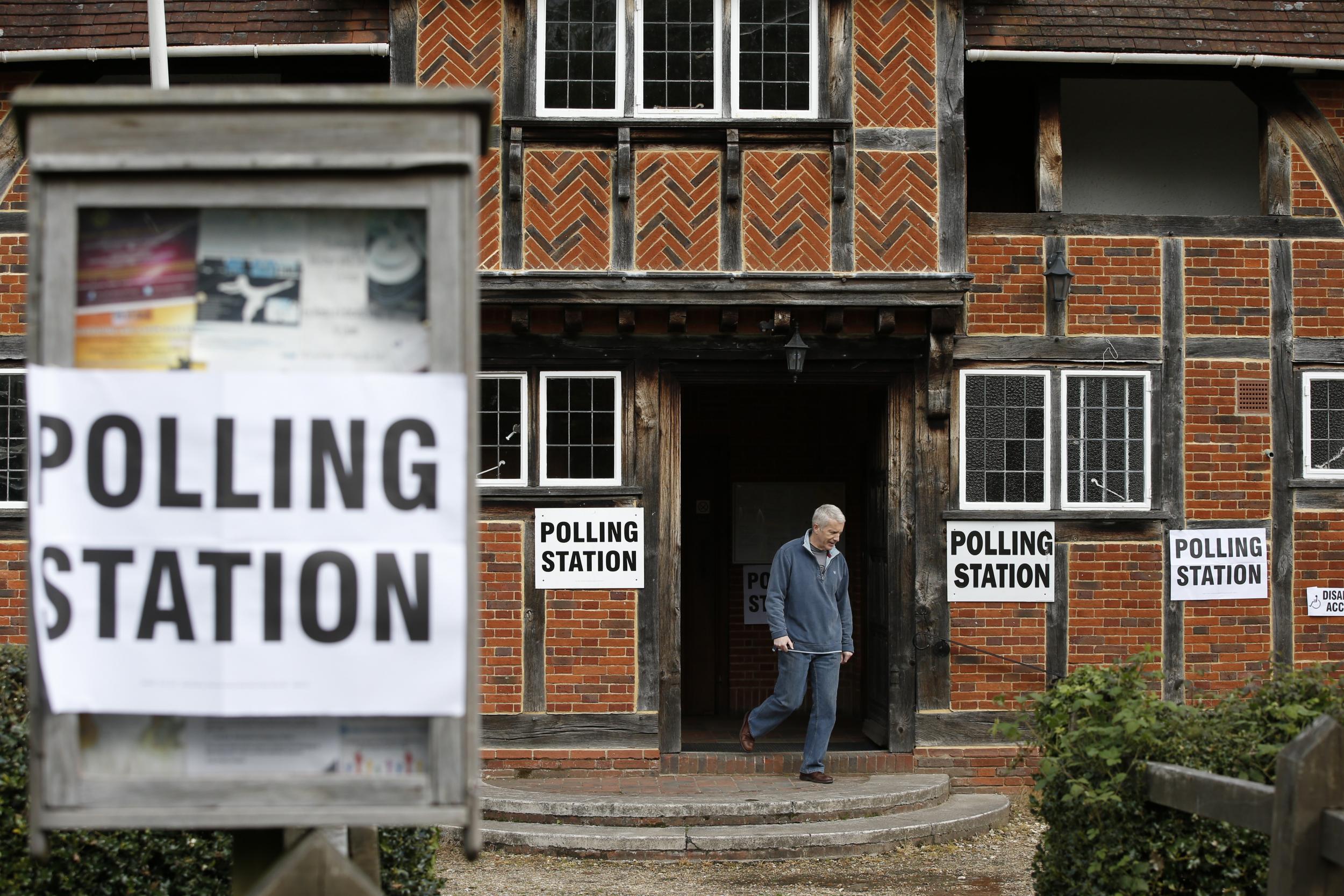Voter identity checks may discriminate against ethnic minority communities, watchdog says
Young, old and transgender people could also be disenfranchised, leaked letter claims

Plans to force voters to show photo identification at polling stations may discriminate against people from ethnic minority communities, the equality watchdog has reportedly warned.
The new rules – being trialled to prevent voter fraud – would also hit the young and old, those with disabilities and transgender people, the Equality and Human Rights Commission claims in a leaked letter to Cabinet Office minister David Lidington.
The letter says such group are less likely to have the necessary documentation – such as passport or driving licence – effectively preventing them from casting their vote.
Dozens of different campaign organisations, including Age UK, the Salvation Army, Stonewall and Operation Black Vote, have previously called for the new laws to be scrapped.
But the criticism by the EHRC, revealed in The Observer, will be considered a major blow to the government.
“The Commission is concerned that the requirement to produce identification at the given local elections will have a disproportionate impact on voters with protected characteristics, particularly older people, transgender people, people with disabilities and/or those from ethnic minority communities. In essence, there is a concern that some voters will be disenfranchised as a result of restrictive identification requirements,” writes Claire Collier, the commission's legal secretary.
The intervention comes after a slew of stories this week about members of the Windrush generation facing problems with access to healthcare and other state services.
Many immigrants who arrived from the Caribbean between the late Forties and Seventies have no record of their legal status.
Responding to the letter, Labour leader Jeremy Corbyn told the newspaper: “It is the same hostile environment all over again, shutting our fellow citizens out of public life, treating communities who made Britain their home as second-class citizens. It’s disgraceful and it must be brought to an end.”
The new electoral rules are set to be tried for the first time in five local authority areas – Bromley, Gosport, Swindon, Watford and Woking – during this year’s local elections on 3 May. If a success, they will be rolled out nationally from 2020.
Although they are being implemented in response to perceived increase in voter identity fraud, figures previously reported by The Independent suggest the risk of such crime is minimal.
A study by the Electoral Commission found just 28 allegations of someone having lied about their identity at a polling station in 2017, despite almost 45 million votes having been cast.
Only one of these allegations resulted in a conviction. The man in question was fined after admitting to voting twice for Labour.
Responding to the letter, a Cabinet Office spokesman said: “We already ask that people prove who they are in order to collect a parcel from the post office, rent a car, or travel abroad.
“We believe it is right to take the same approach to protect voting rights. Local authorities are implementing equality impact assessments and are working with partners to ensure that voter ID does not risk preventing any eligible voter from voting. It is in nobody’s interest that any elector is disenfranchised.”
Currently, no proof of identification is required to vote.
Subscribe to Independent Premium to bookmark this article
Want to bookmark your favourite articles and stories to read or reference later? Start your Independent Premium subscription today.

Join our commenting forum
Join thought-provoking conversations, follow other Independent readers and see their replies